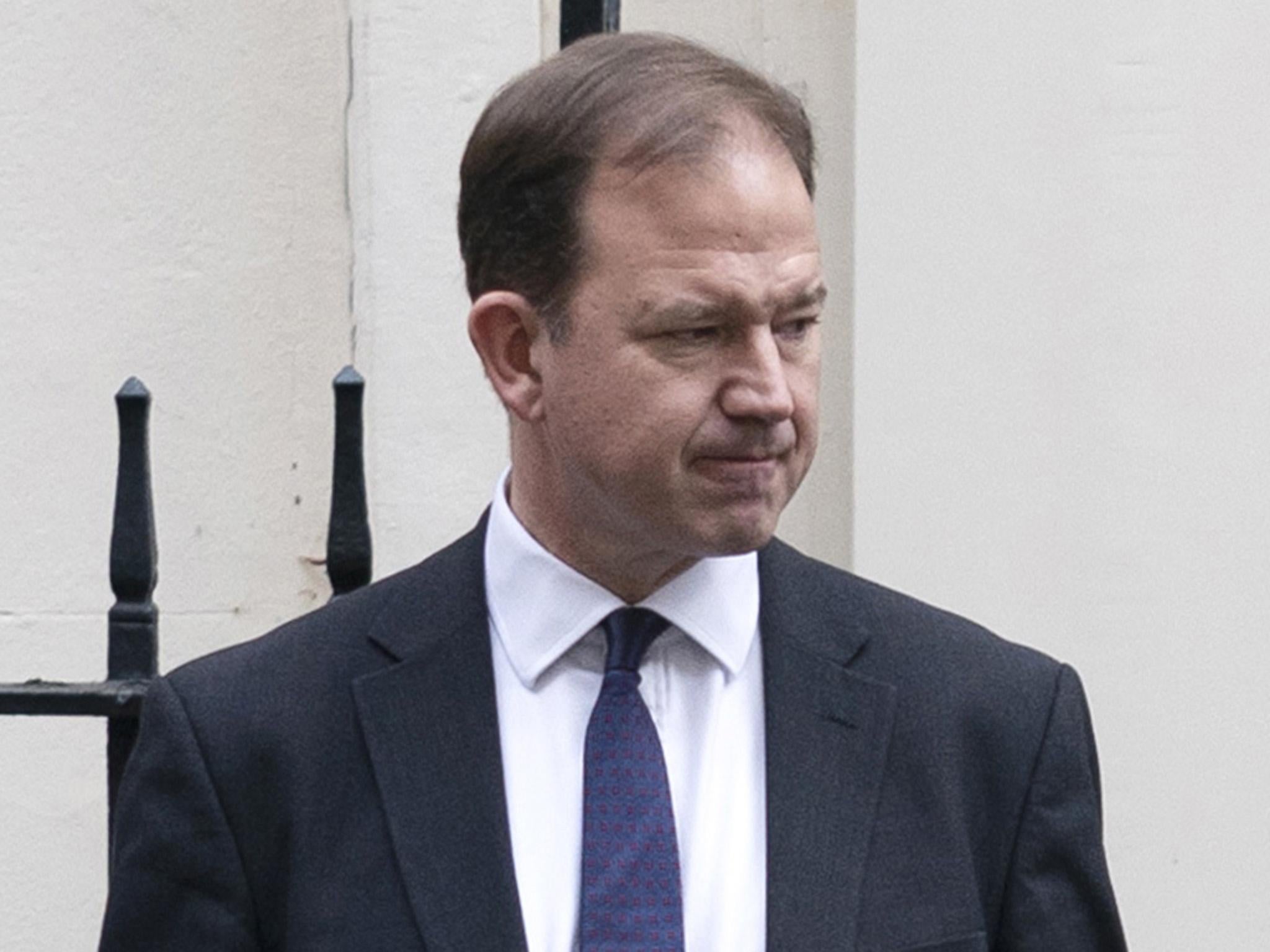Companies must suspend dividends and bonuses for extra state support but nothing is said about tax avoidance
Firms can now borrow up to £200m through a business loan scheme but there are strings if they ask for more than £50m, James Moore writes


Addressing some of the criticisms of its business support measures, the government has confirmed plans to offer state-backed loans of up to £200m through its coronavirus large business interruption loan scheme – four times the previous limit.
But the extra money being made available comes with strings. Companies borrowing more than £50m will be blocked from paying dividends, buying back shares or splurging on bonuses to senior management (unless previously agreed) until the money is repaid.
The restrictions will also apply to to larger companies wanting to borrow for more than a year through the covid corporate financing facility run by the Bank of England.
The enhancements being made to the schemes should address some of the criticisms, namely that they were too limited and left too many companies out of the loop.
But critics with experience of policymaking privately say there’s a problem with the strings: if your aim is to get the money out to support the economy, they could stand in the way.
Critics argue the Treasury is trying to kill two birds with one stone (backing the economy; demanding better corporate behaviour). That rarely ends well because you run the risk of succeeding with neither. Better to get the money out there and then try to improve the nation’s corporate governance framework to curb the corporate excess we’ve seen far too much of.
The argument isn’t without merit and is grounded in pragmatism.
But it ignores the optics and the politics: the government is risking a considerable amount of taxpayers’ money in offering these loans at a time when a lot of taxpayers are feeling a considerable amount of pain.
The spectre of companies that have benefitted from the support put in place pouring money into the coffers of top executives and/or shareholders before paying back their debt could lead to a swift, angry and justified backlash.
It was bad enough when Carillion, a contractor that provided many essential state services, went pop after lavishing its executives with huge bonuses. Imagine if that were to happen to a company in receipt of direct state aid like this.
The risk is real but the new strings reduce it.
If companies, and executives, really need the money it’s there for them, just on the understanding that their priority should be to pay it back before feathering their nests.
If they don’t like that, they can always tap up other sources of financing. They’ll probably find the alternatives are more expensive and come with their own strings. Not the same ones the government is attaching. But strings all the same.
If there is a justified criticism of the revised schemes, it is that there’s something missing: they make no mention of companies’ tax affairs.
These can be every bit as controversial as dividends or executive bonuses.
When I raised the issue, I was pointed to an answer that treasury minister Jesse Norman gave to Labour’s Dan Carden when he did the same.
Norman held that HM Revenue Customs was there to take on businesses that fail to meet their tax obligations, through its compliance powers.
“That is the right way to challenge rule-breaking, not by denying access to measures that support the British economy and workers who pay their taxes, and who would otherwise lose their jobs.”
Glib. But answering with what I suspect is the reason for not including the issue of tax may have left Norman open to attack. He said it might have made the schemes too complicated to administer. Plus, it’s relatively easy to suspend dividends, buybacks and bonuses. Overhauling a company’s tax affairs is rather more involved.
So tax is too big a bird to kill, at least with these schemes and at this stage.
If I’m right about the reasoning, the government should still have a care. It can’t afford to drop the ball when it comes to bad corporate behaviour in this area.
It has rightly committed to publishing the names of the companies that have accessed the scheme. It could be the cause of considerable embarrassment, and not a little anger, if some of them have played it fast and loose with the taxman. Yes, that absolutely includes those engaging in legal, but cynical, tax avoidance.
Join our commenting forum
Join thought-provoking conversations, follow other Independent readers and see their replies
Comments